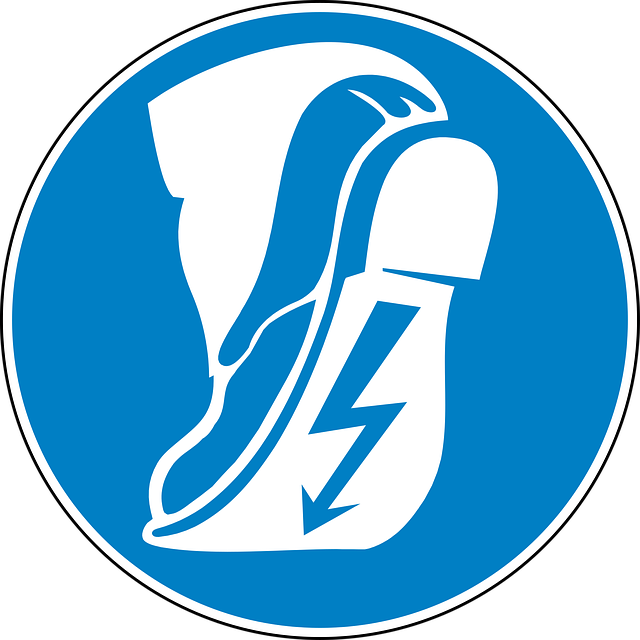In Oregon, a robust criminal justice defense hinges on understanding strict legal procedures, U.S. Constitution, and state laws. Individuals facing charges must exercise their rights, including remaining silent, and engage experienced attorneys to navigate complex processes. Strategies involve challenging evidence admissibility, exploring legal loopholes, and using specific defenses like self-defense or misidentification. The process includes pre-trial motions, witness examination, opening/closing statements, and post-verdict actions, aiming for fairness and favorable outcomes through expert legal guidance.
Oregon’s criminal justice system can be complex for defendants navigating their legal rights. This comprehensive guide explores strategic approaches to criminal defense in Oregon. From understanding your rights within the state’s unique legal framework to building a robust defense against common charges, this article offers invaluable insights. Learn about pre-trial strategies, trial tactics, and post-verdict actions, ensuring you’re equipped with the knowledge to protect your interests. Discover how to effectively navigate Oregon’s criminal justice system for the best possible outcome.
- Understanding Oregon's Criminal Justice System: A Defendant's Perspective
- Building a Strong Criminal Defense: Legal Rights and Strategies
- Common Charges and Their Potential Defenses
- Navigating the Court Process: Pre-Trial, Trial, and Post-Verdict Actions
Understanding Oregon's Criminal Justice System: A Defendant's Perspective

Oregon’s criminal justice system, like many others, operates on a series of procedures and protocols designed to ensure fairness and order during legal processes. From the moment an individual is arrested, they are entitled to certain rights and protections as guaranteed by the U.S. Constitution and Oregon state laws. Understanding these rights is crucial for anyone facing criminal charges, serving as a vital component in navigating the complex landscape of criminal justice defense.
As a defendant, it’s important to recognize that Oregon has established guidelines for police conduct, prosecution procedures, and judicial decisions. This system aims to protect citizens from arbitrary or unfair treatment while ensuring due process. Knowledge of these legal frameworks empowers individuals to assert their rights, challenge evidence, and build a robust defense strategy with the help of experienced criminal justice lawyers.
Building a Strong Criminal Defense: Legal Rights and Strategies

Building a strong criminal defense in Oregon involves understanding and asserting your legal rights. The first step is to remain silent, as anything said can be used against you. This right is crucial, ensuring evidence doesn’t mount against you prematurely. Engaging an experienced criminal justice defense attorney is paramount; they’ll guide you through the legal process, ensuring your rights are protected at every turn.
Oregon’s criminal defense strategies vary based on the specifics of the case. These can include challenging the admissibility of evidence, questioning witness testimonies, and exploring potential legal loopholes. Effective representation often relies on thorough investigation, expert testimony, and a deep understanding of state laws. This approach aims to cast reasonable doubt in the minds of jurors or judges, ultimately working towards an acquittal or reduced sentence.
Common Charges and Their Potential Defenses

In Oregon, individuals facing criminal charges can benefit from understanding common allegations and potential defenses. Many criminal justice defense strategies rely on challenging the evidence presented by prosecutors or questioning the legal validity of certain procedures. For instance, a defendant might face charges like assault, theft, or drug possession. Each charge carries its own set of complexities and defenses.
For an assault charge, a criminal justice defense attorney could argue self-defense, lack of intent, or misidentification of the accused. In cases of theft, potential defenses may include mistaken identity, no proof of intent to steal, or claiming property as abandoned. Drug possession charges can be defended by challenging the search and seizure of evidence or arguing that the defendant was unaware of the illegal substance in their possession.
Navigating the Court Process: Pre-Trial, Trial, and Post-Verdict Actions

Navigating the court process is a crucial aspect of any criminal justice defense in Oregon. The journey begins with pre-trial procedures, where attorneys for both the prosecution and defense prepare their cases. This phase involves filing motions, reviewing evidence, and strategizing on potential arguments. It’s during this time that defense lawyers can raise legal challenges to admissible evidence, question witness credibility, and explore alternative explanations for the accused’s actions, aiming to build a robust case.
The trial itself is where the battle for justice unfolds before a judge or jury. Criminal defense attorneys present their client’s story, examine witnesses, and offer counter-arguments to the prosecution’s case. Effective cross-examination can weaken the prosecution’s position, while compelling opening and closing statements leave a lasting impact on the decision-makers. Post-verdict actions are also vital; whether the outcome is guilty or not guilty, the defense team may appeal, file motions for new trials, or explore other legal avenues to ensure fairness and protect their client’s rights.














